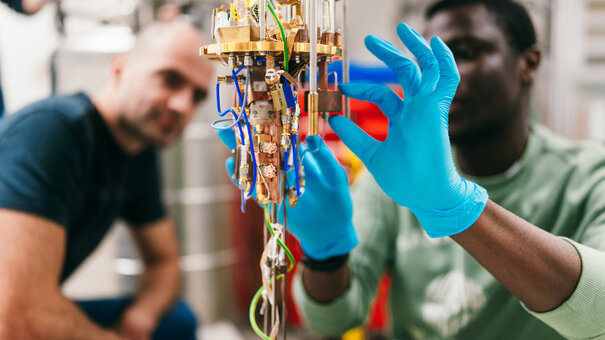The University of Regensburg embodies openness and hospitality with its outstanding teaching and research, and its international profile. It is characterized by a large range of internationally oriented courses with several double degree and English-language master's programs, and is an internationally attractive research location, rated excellently in recent rankings.
The University of Regensburg maintains international partnerships with more than 360 institutions. This worldwide network offers extensive opportunities to study, research, teach and work abroad. Our approximately 1600 international students and more than 300 visiting scholars from all over the world contribute to our campus being a lively place for international encounters.
Located on the edge of the UNESCO World Heritage City of Regensburg and embedded in a culturally and economically attractive region, the University of Regensburg is the epitome of a diverse transnational hub.







